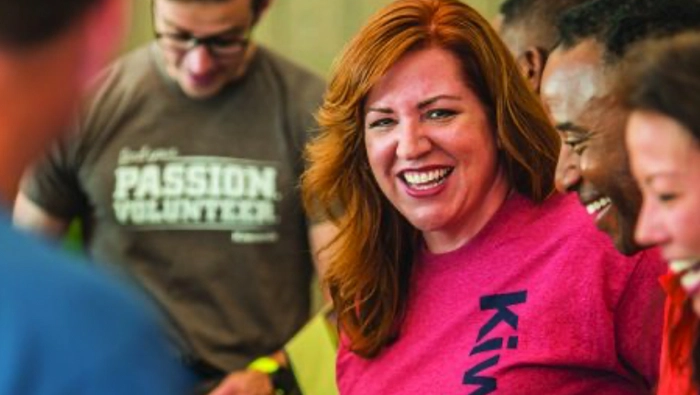What if you were able to recognize a problem and figure out the best way to solve it?
There are countless headlines about events that make us want to reach out and help. The pandemic. Natural disasters. Hunger. Homelessness. The list goes on and on.
But there’s good news in there: We can do something about it. No matter how small a step we take, we can go in the right direction to make this world happier, safer and healthier for everyone.
The first step is recognizing what needs to happen. Then we do the work.
Sounds hard, right? Well, it doesn’t have to be. Every act of service puts us closer to a better world.
The photos on the following pages show acts of service by members of Kiwanis from all over the world. You’ll see service in every form — from life-changing medical, educational and disaster-relief support to community fundraisers and cultural events that bring people from all walks of life together for fun. Helping others goes beyond building a home or funding a scholarship — though many members have done just that. Helping others can also create experiences that leave positive memories for a lifetime.
We hope you find the inspiration to make a difference.
Just ask yourself: What if?
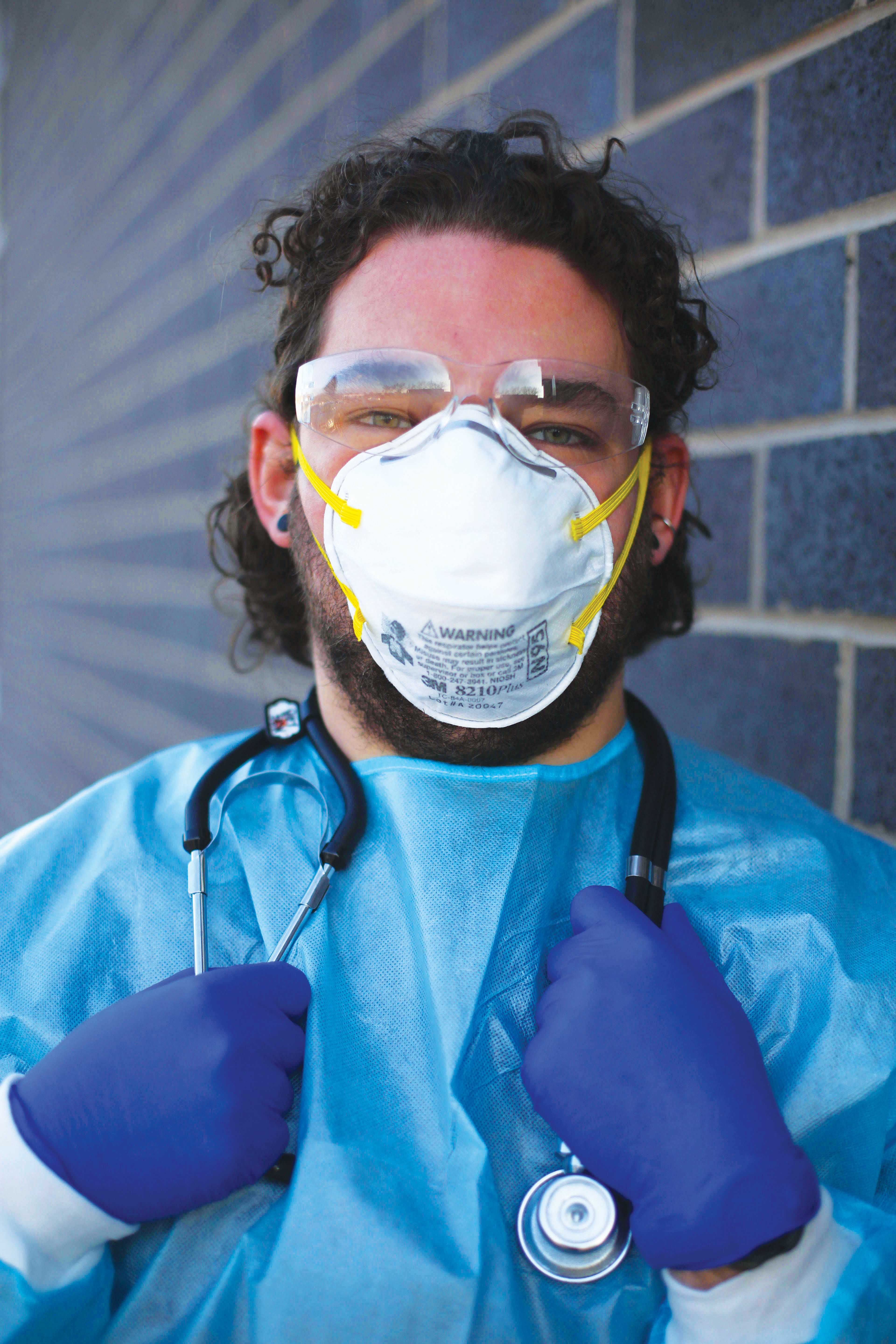
In times of a pandemic
Many Kiwanis members played key roles in the fight against COVID-19, including personal support worker and nursing student Angelo Ciardella, a member of the Kiwanis Club of Windsor, Ontario, Canada.
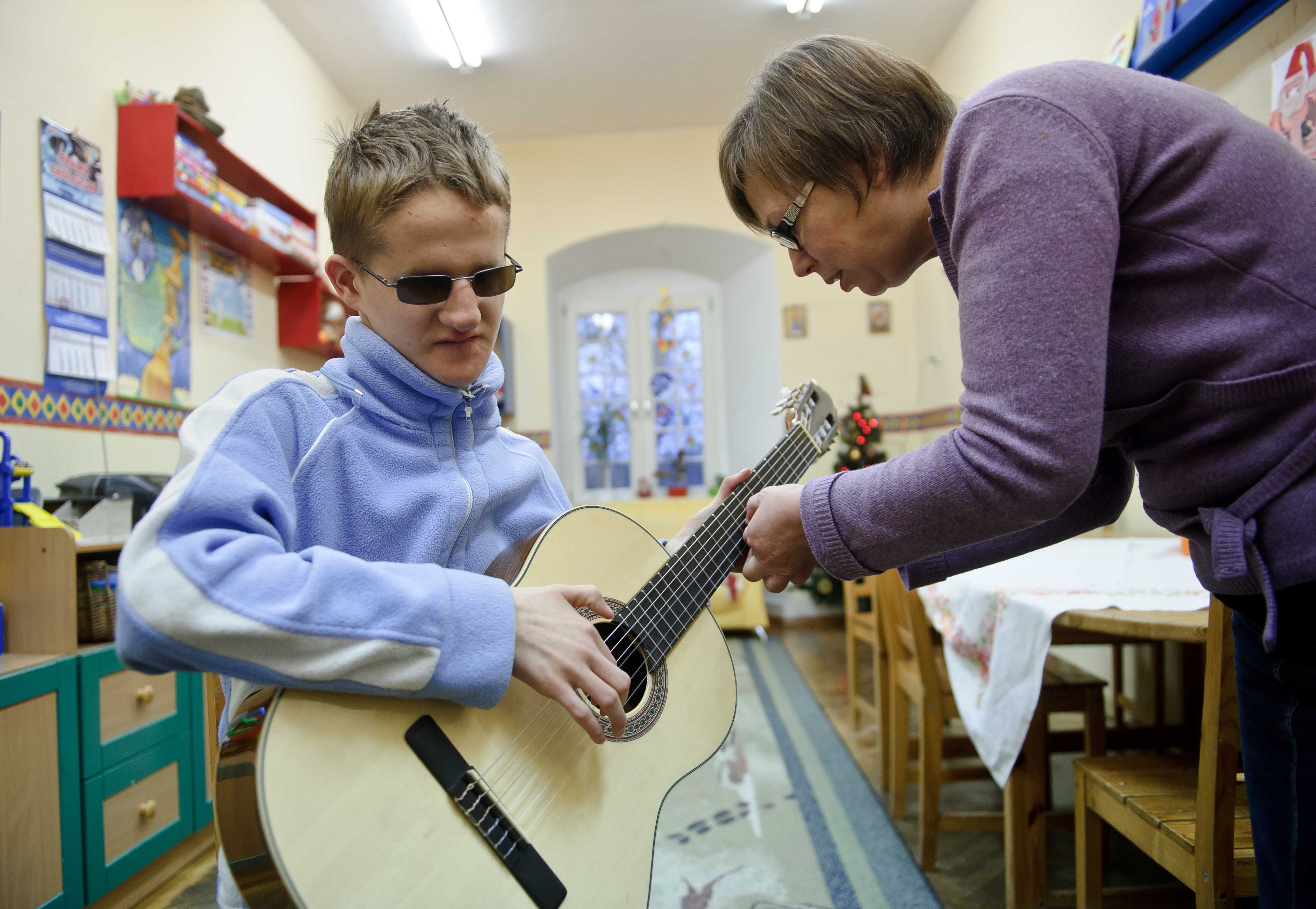
What if you could reach children wherever they are?
Kids need help at home, at school, in sports, in hospitals … all over and everywhere. Members of Kiwanis clubs help children and families in all areas of the world, be it during a Kiwanis One Day event in Japan, teaching music at the Institute for Blind Children in Owinska, Poland (above) or providing bicycles to children in Lesotho, Africa (below). There are children who need help right now, even in your own backyard. Reaching them through a Kiwanis club offers you a friendly environment for providing all types of much-needed service.
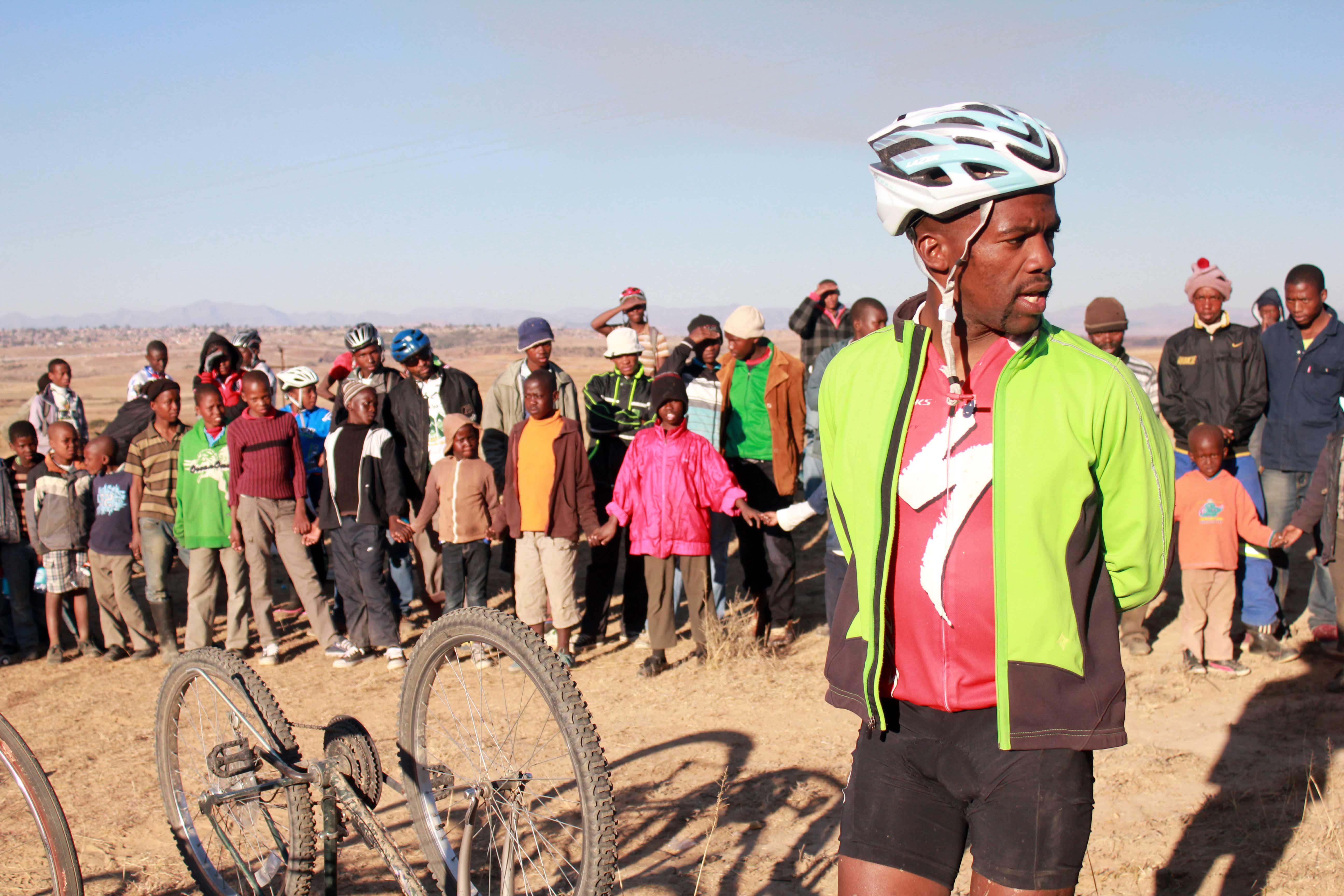
What if you could help when it’s needed most?
Emergencies are unpredictable and almost always require immediate attention. Kiwanis clubs have been at the ready for more than 100 years, providing help when the unforeseen strikes. When children need special braces in Mongolia, Kiwanis is there. When hurricanes leave destruction and devastation in their paths, Kiwanis members are there to stock shelves with much-needed food and health supplies. When a struggling family needs somewhere safe to call home, the Kiwanis family is there with hammers and nails. And when refugees need everything to start their lives anew, Kiwanis is there to offer clothing, food, supplies, help and a warm welcome. Kids need Kiwanis. Families need Kiwanis. And Kiwanis is there when needed most.
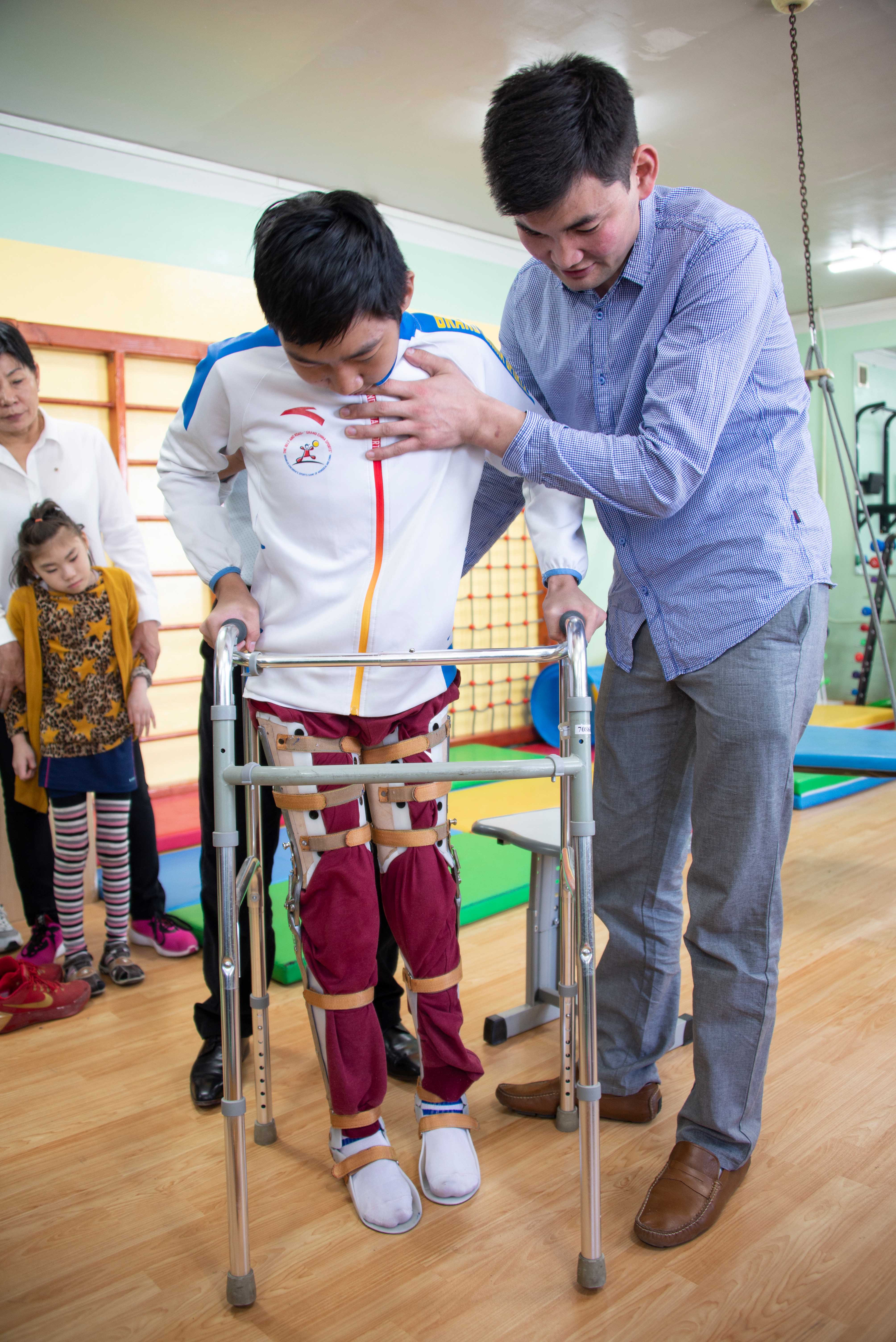
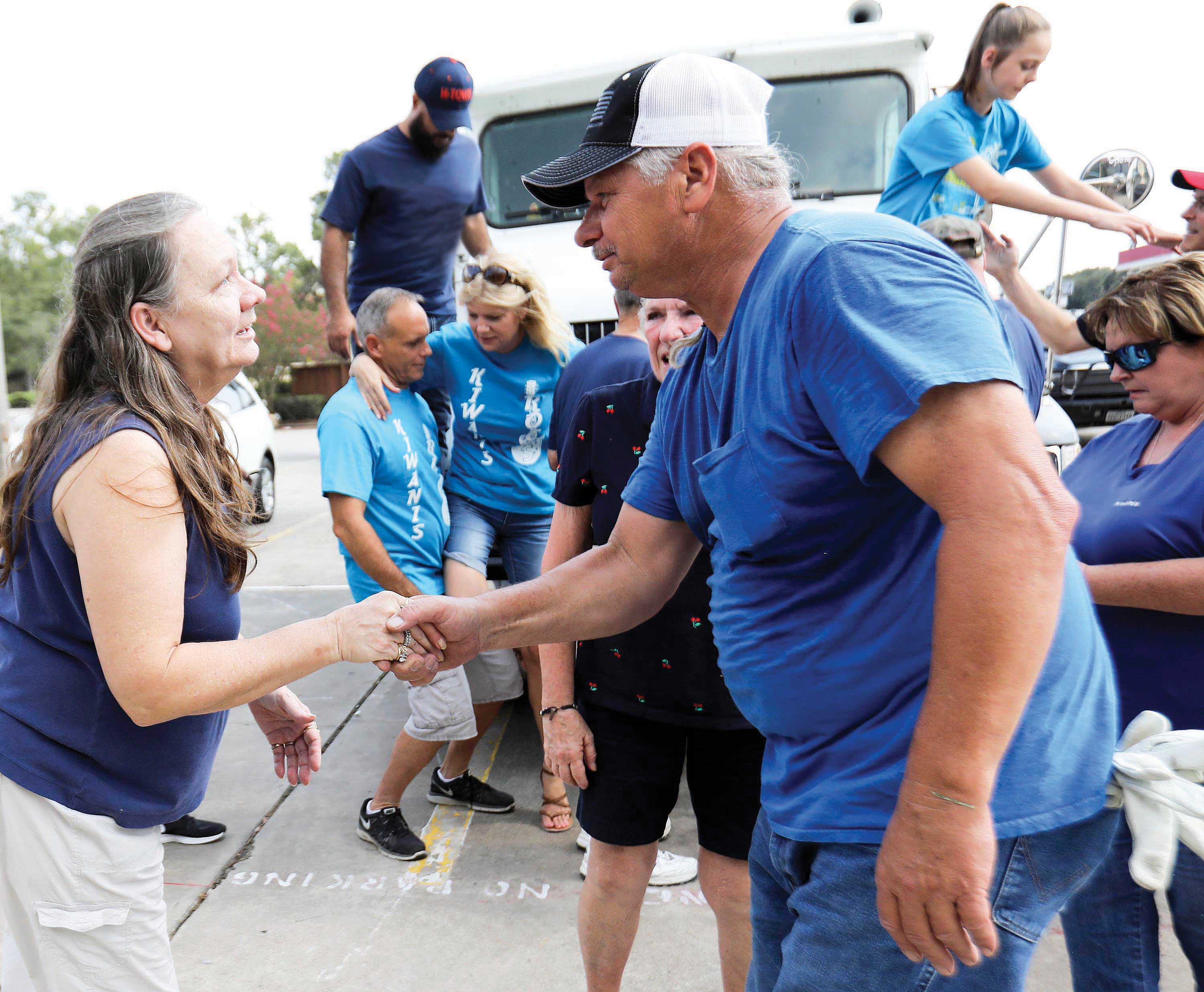

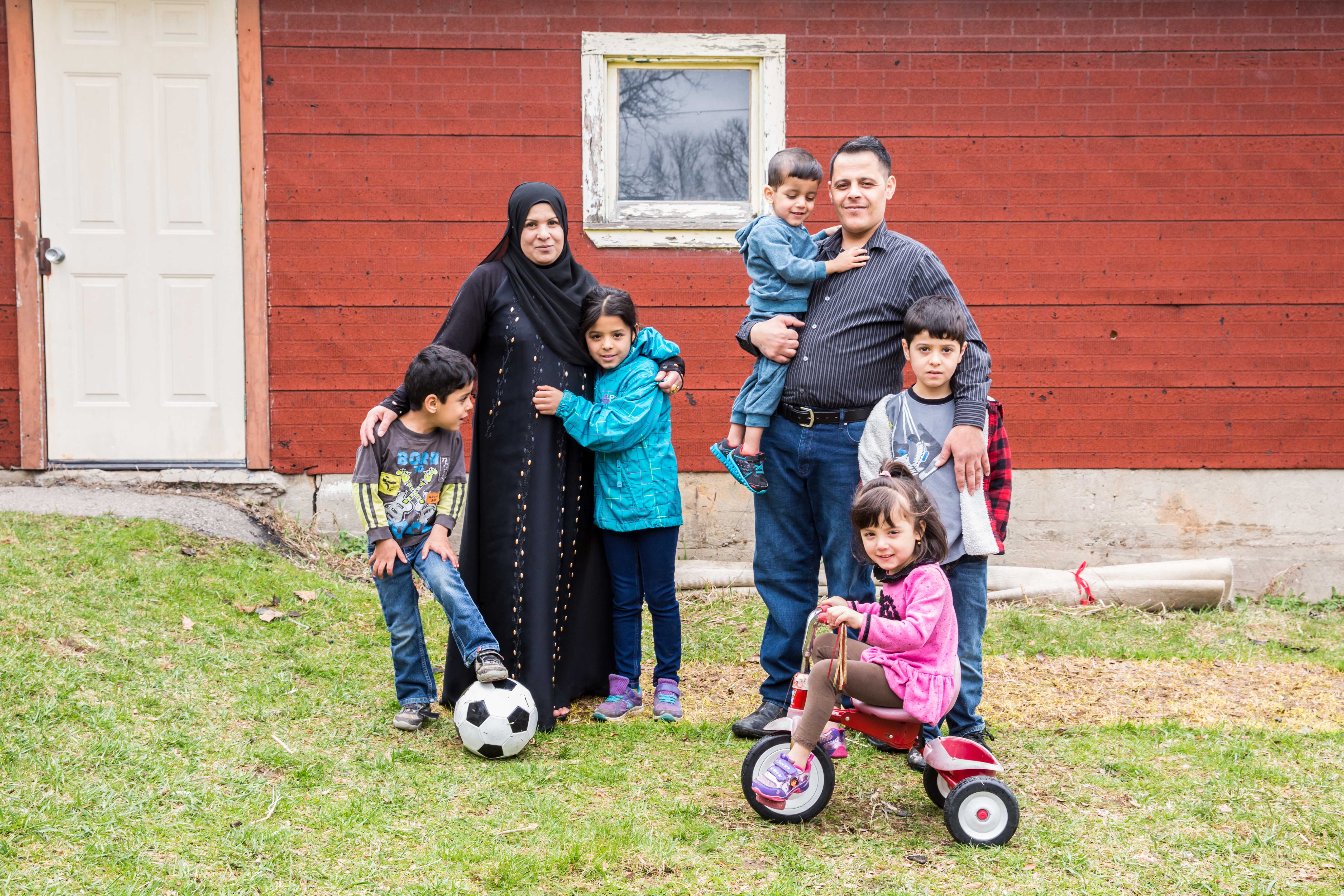
What if you could give children a safe place to play and learn?
Every kid has a job to do, and that’s to play and learn. As adults, our job is to keep them safe and make sure they have somewhere to do their best work. Kiwanis clubs often have just the project — whether building playgrounds, play spaces and ballparks or providing funds for school supplies and class projects. In Ankara, Turkey, Kiwanians helped make a creative learning environment and studio at a progressive school, where students use drama and art to complement their education.
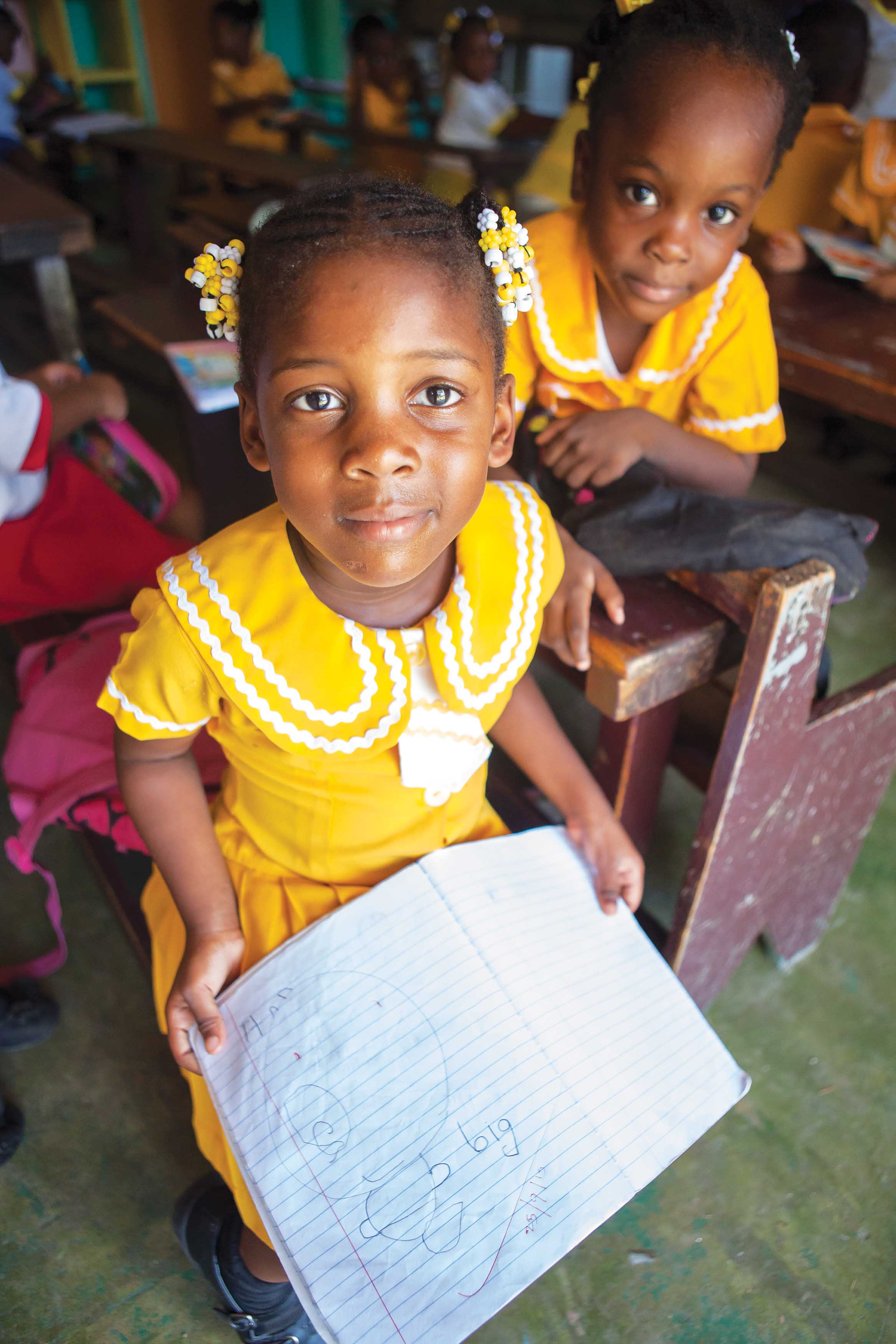
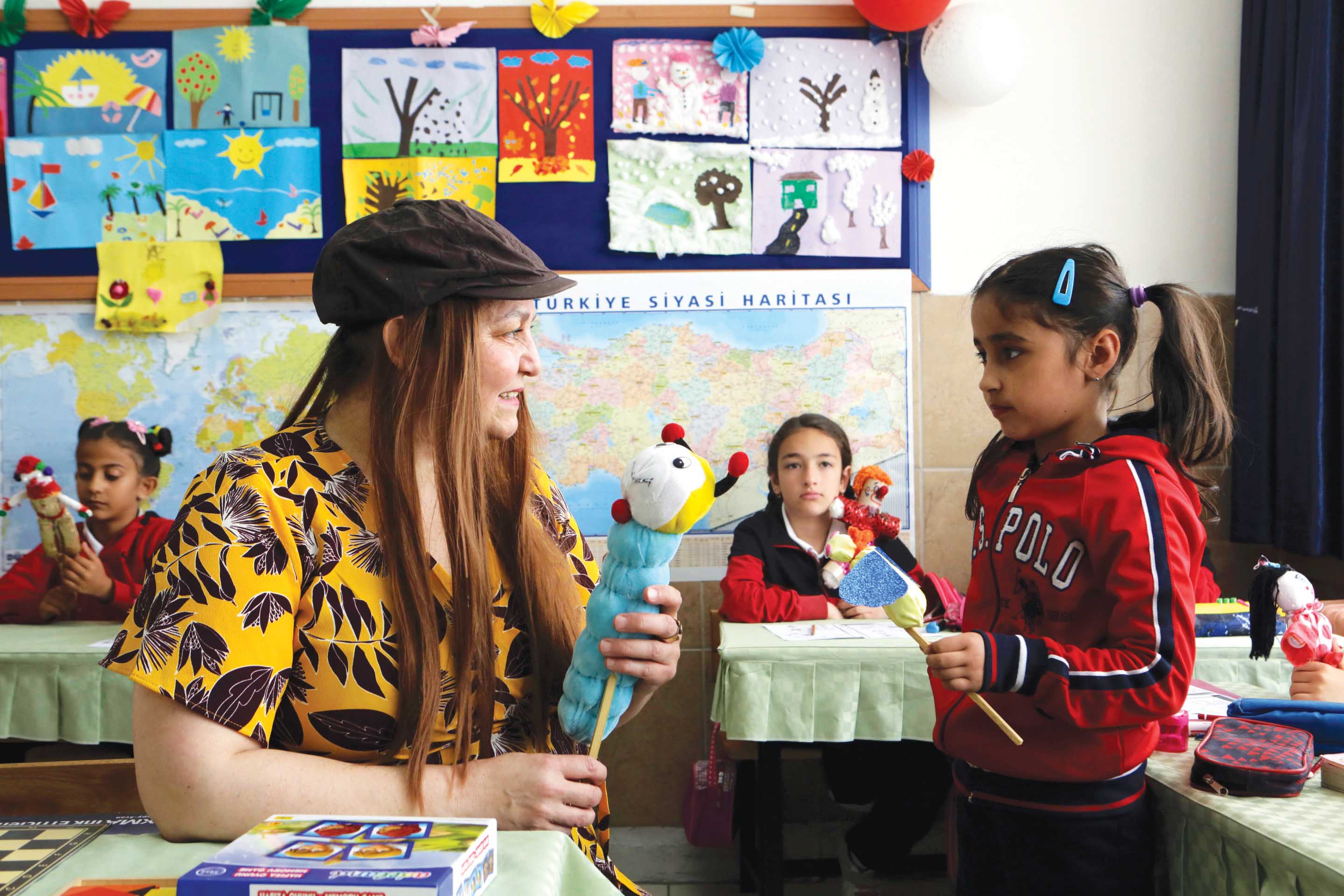

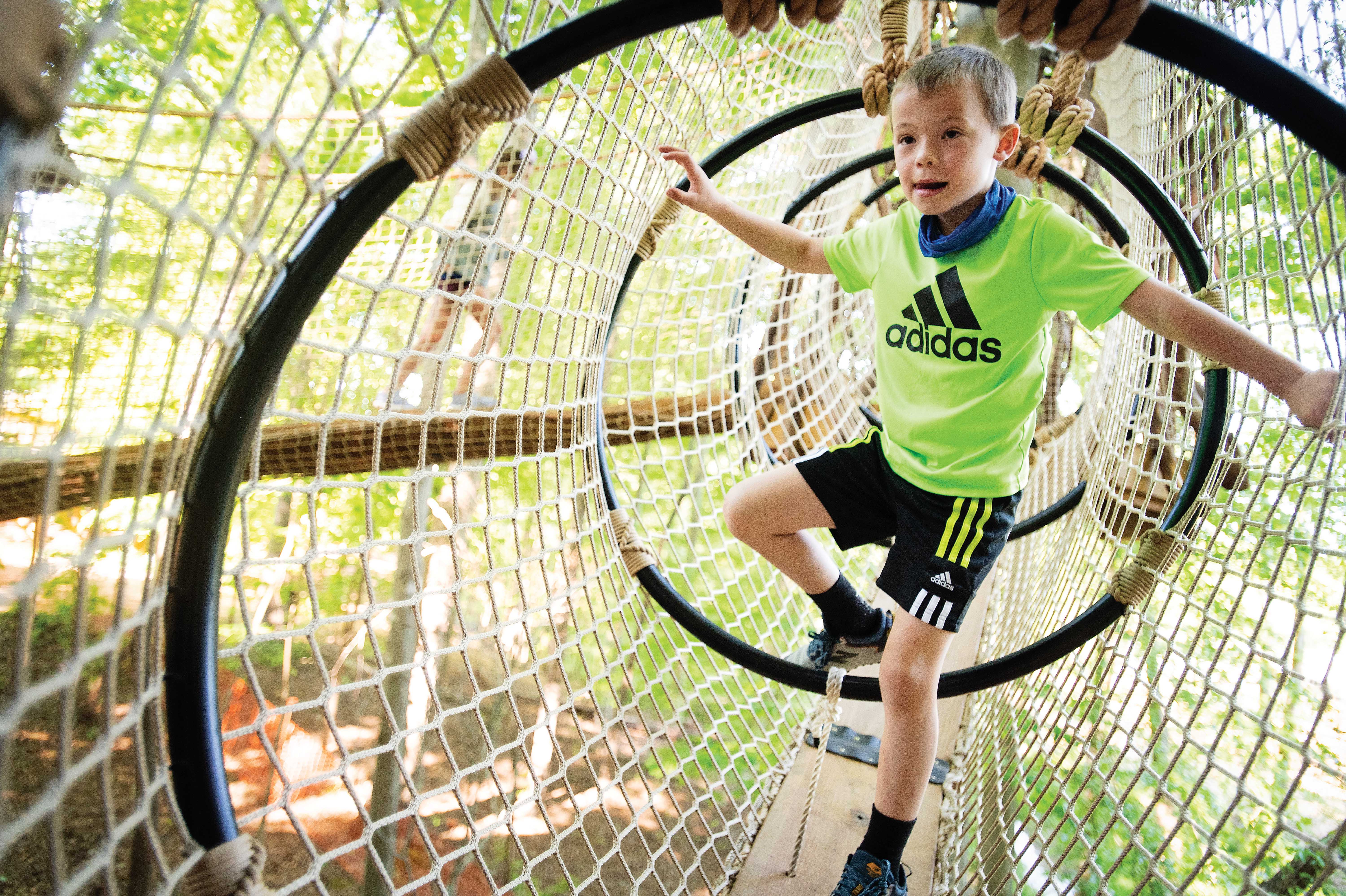
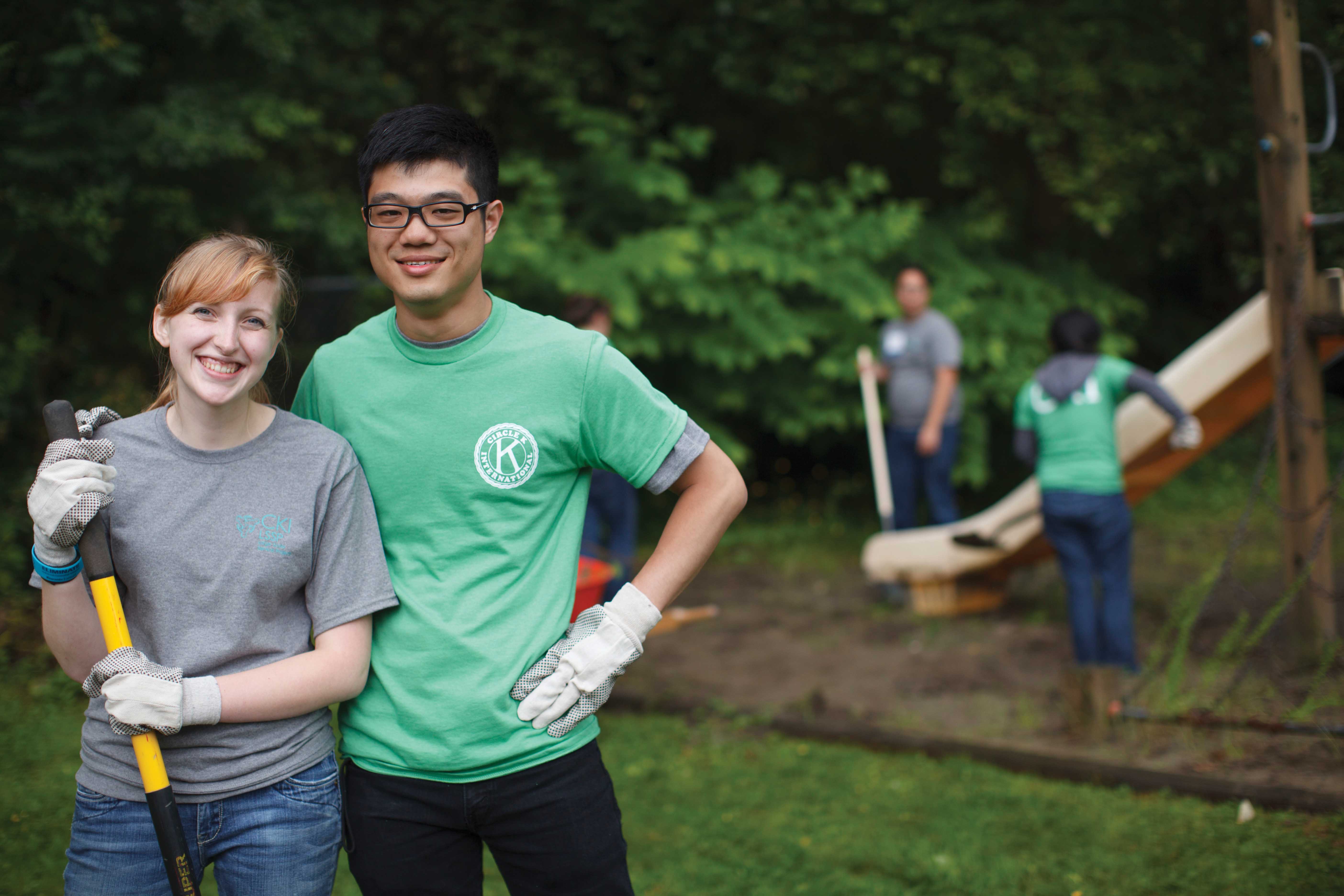
What if you could help today’s teens become tomorrow’s leaders?
Is anything better than helping kids grow and succeed? Kiwanis members don’t think so. That’s why they dedicate countless hours to working alongside youth. In fact, Kiwanis clubs sponsor the organization’s Service Leadership Programs (K-Kids, Builders Club, Key Club and Circle K International) to give young people the opportunity to lead through service. Many people credit their time in Kiwanis youth programs with making them who they are today, providing them opportunities they wouldn’t have had otherwise and opening doors that might have remained closed. For example, CKI members tackle projects both large and small to make positive change happen in communities — such as the Large Scale Service Projects (above) conducted during many of their annual conventions. Harold Ekah (below) was a Key Club member. He credits a strong support system for his achievement of getting accepted to all eight Ivy League schools. “I want to be able to say I made a difference in my community and made a difference in my world, and that’s what Key Club really inspired me to do,” Ekah says. “If you see something wrong in your community, you have the power to change that.”
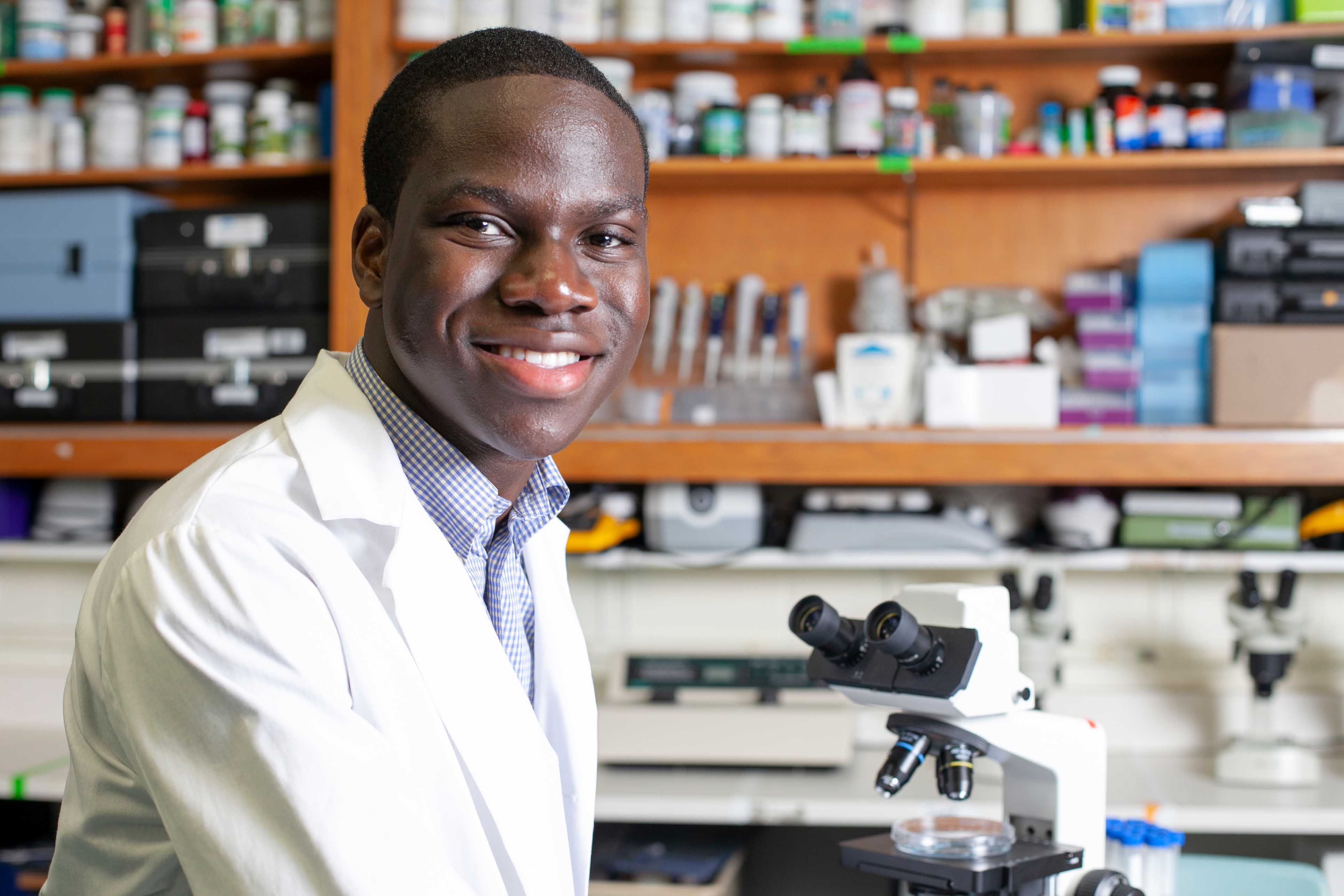
What if you could help people help themselves?
It’s one thing to give a house to someone who doesn’t have a home. It’s another to work alongside them to build one. But that’s what many Kiwanis members do, for instance, when their clubs work with Habitat For Humanity on projects that change countless lives. And Kiwanians in Nevada don’t just hand out bicycles — they teach people of all ages how to fix and maintain them. In Basel, Switzerland, Kiwanis members support a refugee-run kitchen that provides more than a hot meal and training. It also provides community and hope.
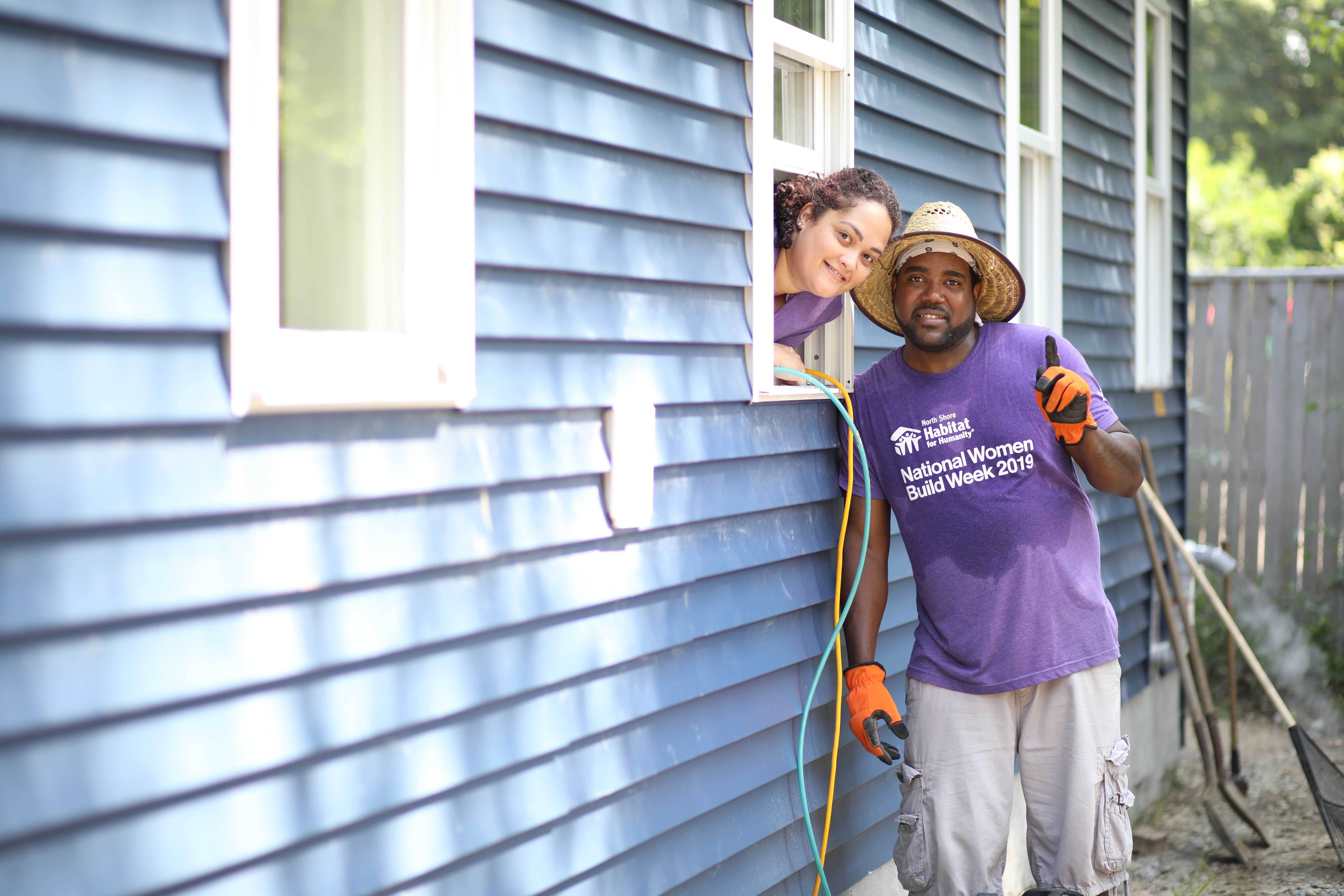
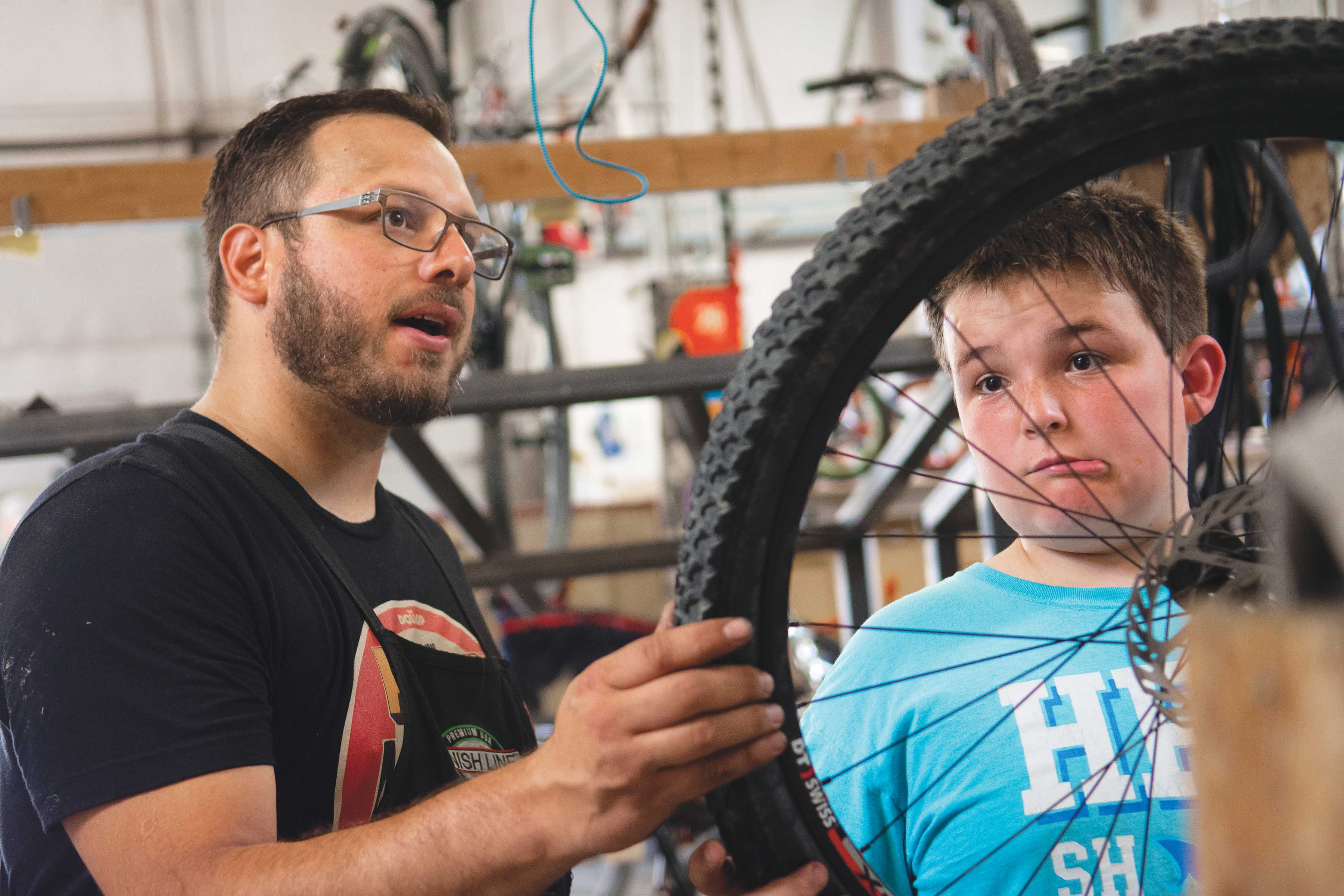

What if you could offer tools for healthier living?
Not everyone has access to healthy foods or the vitamins and minerals people need on a daily basis — or even to clean water. But Kiwanis clubs around the world are there to help when and where they can. In Japan, Kiwanians sponsored a Healthy Cooking Expo. In Calgary, the Apple Festival creates an opportunity for kids to develop a lifelong love for apples. Around the world, Kiwanis members raise funds to ensure salt is iodized as part of the global campaign to end iodine deficiency disorders. And in Guatemala, Key Club members teach children proper handwashing techniques while building a water station at the school there.




What if you could give children the tools to become lifelong readers?
Here are some facts that might surprise you: Children who are read to for at least 20 minutes a day are exposed to almost 2 million words per year. (India leads the world in amount of time spent reading.) The global literacy rate for all people ages 15 and older is right around 86%. But it’s important to point out that about 775 million people can’t read, and the poorest countries still have large segments of the population who are illiterate. Kiwanis knows the importance of literacy and learning. Through countless projects, clubs around the world focus on reading to children, donating books and ensuring that books are available to kids and their families.



This story originally appeared in the April/May 2022 issue of Kiwanis magazine.

